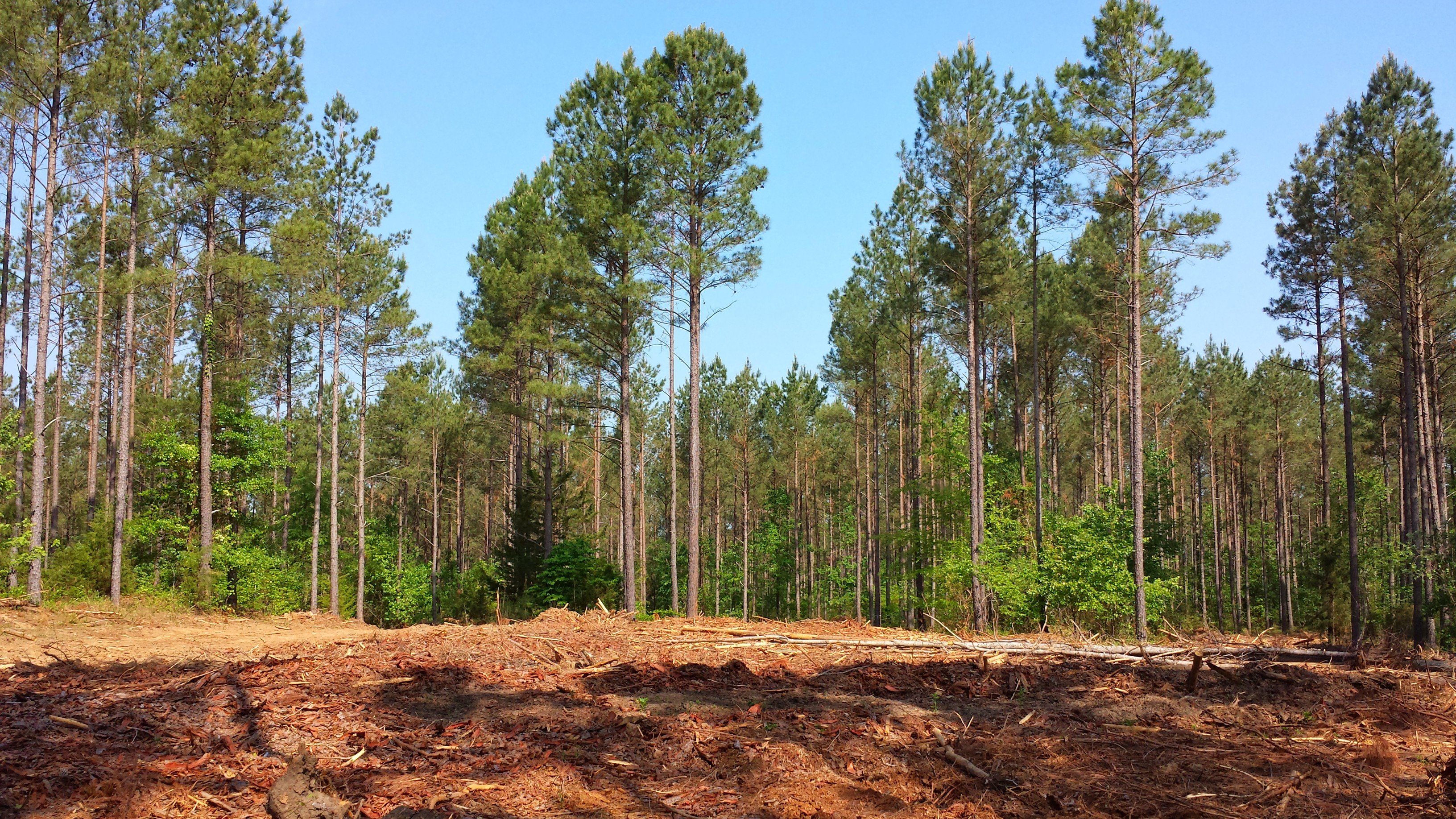2 min read
Spending Bill Promotes Carbon Neutrality of Biomass, Working Forests
John Greene
:
May 8, 2017

On the heels of an announcement that the Trump administration will soon impose new tariffs on Canadian lumber shipped into the US, a new omnibus spending bill could drive government agencies to promote burning woody biomass for electricity generation. While the bill’s policy rider contains language that certainly opens the door for increased utilization of wood pellets, wood chips and other woody biomass, it also includes language directly recognizing the importance of working forests, forest management and other dynamics pertinent to the entire forest products industry.
The budget bill that the US House of Representatives recently passed will make way for nearly $1.2 trillion in federal spending. A policy rider in the bill also directs the Environmental Protection Agency (EPA), the Department of Energy (DOE) and the Department of Agriculture (USDA) to "establish clear policies that reflect the carbon neutrality of biomass."
The full text of Section 428, “Policies Relating to Biomass Energy,” reads:
“To support the key role that forests in the United States can play in addressing the energy needs of the United States, the Secretary of Energy, the Secretary of Agriculture, and the Administrator of the Environmental Protection Agency shall, consistent with their missions, jointly—
(1) ensure that Federal policy relating to forest bioenergy—
(A) is consistent across all Federal departments and agencies; and
(B) recognizes the full benefits of the use of forest biomass for energy, conservation, and responsible forest
management; and
(2) establish clear and simple policies for the use of forest biomass as an energy solution, including policies that—
(A) reflect the carbon-neutrality of forest bioenergy and recognize biomass as a renewable energy source, provided
the use of forest biomass for energy production does not cause conversion of forests to non-forest use.
(B) encourage private investment throughout the forest biomass supply chain, including in—
(i) working forests;
(ii) harvesting operations;
(iii) forest improvement operations;
(iv) forest bioenergy production;
(v) wood products manufacturing; or
(vi) paper manufacturing;
(C) encourage forest management to improve forest health; and
(D) recognize State initiatives to produce and use forest biomass.”
Elected officials on both sides of the political aisle that represent forest-centric districts have long attempted to pass legislation that would force the EPA and other federal agencies to treat woody biomass as carbon neutral. However, it’s important to keep in mind that even if the spending bill becomes law, the biomass energy provision will not have an immediate impact on America’s energy portfolio.
Forest Industry Reactions
Those familiar with the paper and wood products manufacturing sectors know that most of their power comes from burning sawdust and other residual materials for energy, which makes the best use of wood raw materials at the lowest cost.
"Our member facilities use every part of the raw materials in the manufacture of wood products and to generate the energy needed to do so," said American Wood Council (AWC) President and CEO Robert Glowinski. He also called the rider a "step in the right direction."
“I don't expect any immediately tangible impacts for my members, especially with the current market dynamics,” said Carrie Annand, spokeswoman for the Biomass Power Association. “It's time for the U.S. federal government to catch up with state policy and international energy policy by recognizing the carbon benefits of biomass. The policies that the legislation calls for must be thoughtfully written, and we look forward to taking part in that process,” Annand added.
"We are thrilled to see such strong bipartisan support for biomass, which Congress is officially recognizing as the carbon neutral, renewable energy source that it is," said Dave Tenny, president and chief executive of the National Alliance of Forest Owners (NAFO).
The bill also includes funding for the Biomass Crop Assistance Program, the Biorefinery, Renewable Chemical and Biobased Product Manufacturing Assistance program. All of these developments can be considered an early “win” for the forest industry, forest landowners and rural economies where forests drive economic opportunity and development. The next step will be in turning words into actions, and creating sound policy that drives further investment in America’s working forests. 




